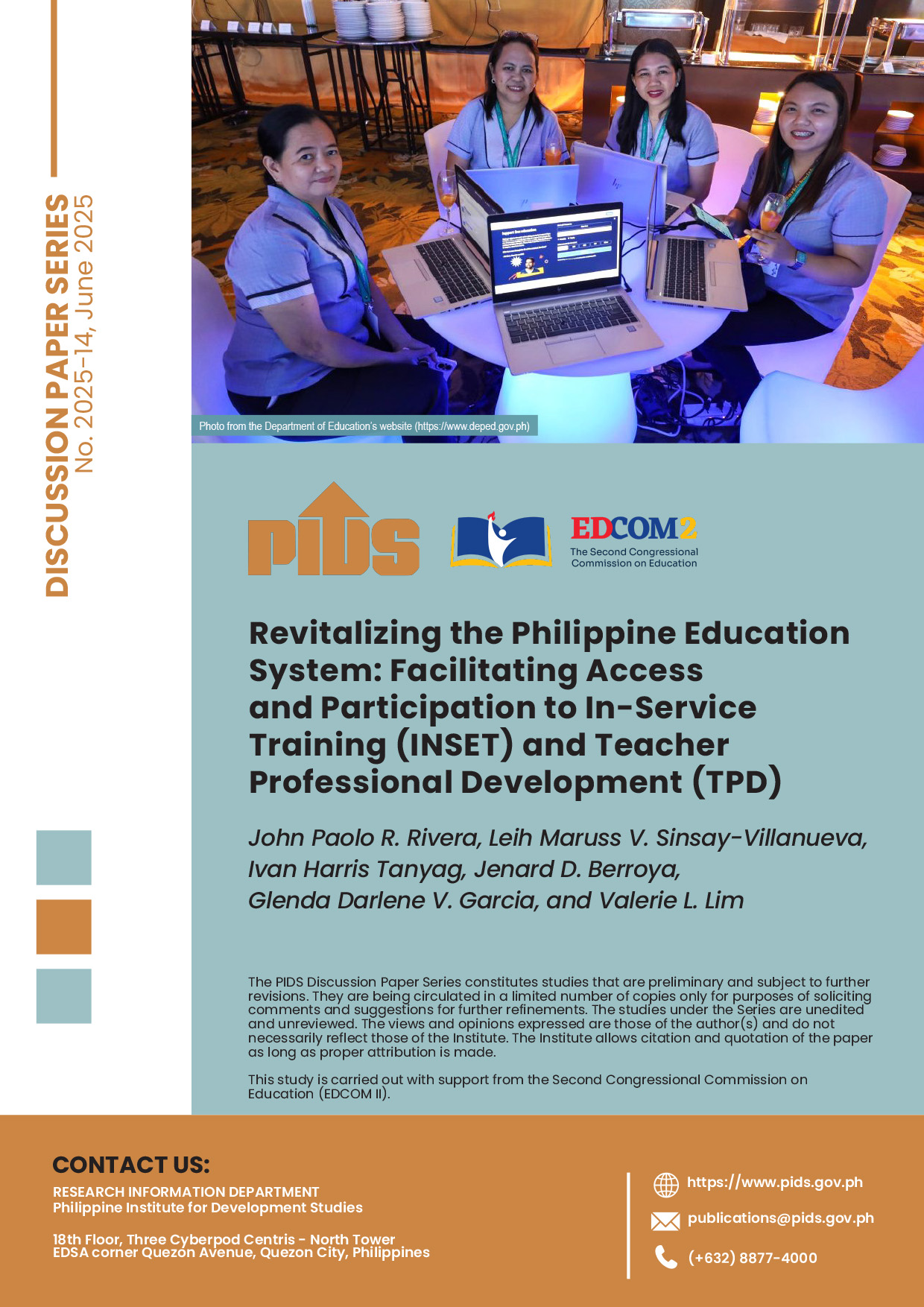A university dean has expressed concern that political dynasties have “hijacked” a majority of the party-list seats at the House of Representatives.
Ateneo School of Governance Dean Ronald Mendoza said he was fully supporting the bill of detained opposition Senator Leila de Lima that will introduce reforms to the 24-year-old Party-List System Law, specifically on its anti-dynasty provisions, as it would give deserving representatives from genuine marginalized sectors a chance to serve their respective constituency.
Mendoza was one of the various experts who have endorsed the passage of the de Lima bill which seeks to prevent its rich political clans and big businesses from abusing the country’s party-list system.
Aside from Mendoza, Institute for Political and Electoral Reform Executive Director Ramon Casiple, Philippine Institute for Development Studies Senior Research Fellow Jose Albert and former Rep. Erin Tanada have expressed their support behind Senate Bill (SB) 372 which de Lima authored.
“Political dynasties in the country have hijacked majority of the party-list congressional seats,” Mendoza told the Senate Committee on Electoral Reforms and People’s Participation chaired by Senator Imee R. Marcos.
“I don’t think this is a sustainable situation for our party-list because it erodes the credibility of that particular reform,” he added.
Albert, for his part, called de Lima’s measure a welcome development since it would give genuine marginalized groups the voice and the ability to push for their advocacy in Congress.
“As of now, the term ‘party-list’ has become synonymous to certain types of agenda na hindi siya tugma sa idea before of the framers of the Constitution na bigyan ng boses ang lahat ng tao,” he said.
Casiple also gave his approval for the passage of the bill as he echoed Albert’s observation that it would strengthen participation of marginalized and underrepresented sectors.
“Maganda ang idea and we in fact support na talagang gumawa pa ng dagdag na mga provisions for participation of marginalized and underrepresented sectors,” he said. (The idea is good. It needs the inclusion of provisions for participation of marginalized…)
Tanada, a lawyer by profession, also endorsed de Lima’s push to revisit the party-list system so as to include an anti-dynasty provision in the law.
Mendoza suggested that reforms should not focus only on the party-list law, but in other measures as well, such as political party reform law and anti-dynasty law.
“I think the intention of leaders like Senator de Lima is to highlight that they work together and reinforce each other,” said Mendoza.
De Lima’s Senate bill seeks to ensure that only the marginalized and disadvantaged sectors of society are genuinely represented in the lawmaking process.
If passed into law, the bill will plug the loopholes conveniently used and circumvented by politicians with vested interests to make a mockery of the system and vault themselves to power.












